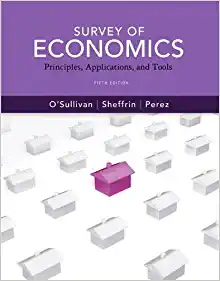Answered step by step
Verified Expert Solution
Question
1 Approved Answer
iv. Ask 0.6152 0.6171 |]_ 0.6149 0.6166 0.6172 0.6165 0.6167 0.6176 BBL/USD Six-month forward - uotes -E_ Ask HSBC 0.5943 0.5972 In 0.5669 0.5911 Bank


Step by Step Solution
There are 3 Steps involved in it
Step: 1

Get Instant Access to Expert-Tailored Solutions
See step-by-step solutions with expert insights and AI powered tools for academic success
Step: 2

Step: 3

Ace Your Homework with AI
Get the answers you need in no time with our AI-driven, step-by-step assistance
Get Started


